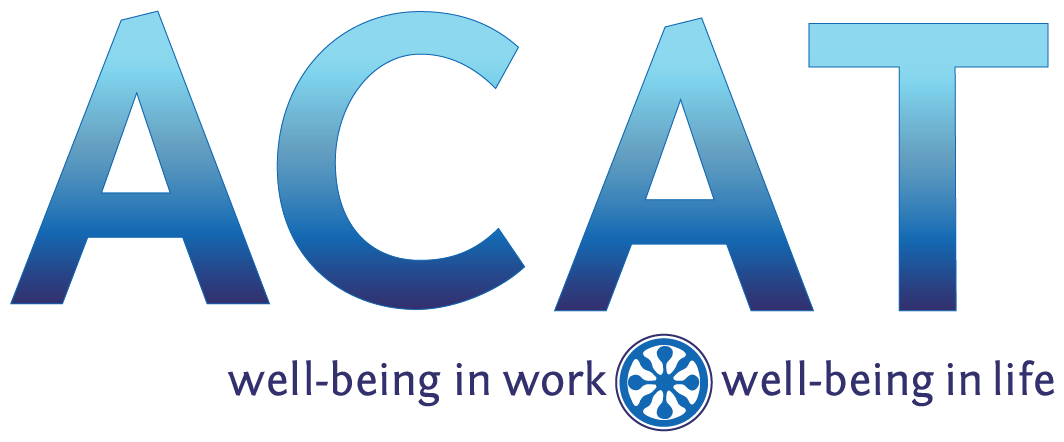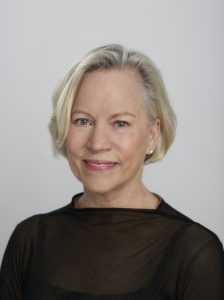by Bette Chamberlin (originally published here)
Learning....
It's a noble process that feeds our soul and ego.
Learn a new skill to improve yourself, learn French, or add a checkmark to a long delayed To Do list.
But what if unlearning makes learning so much more efficient?
When I started my training in un-learning, I had no idea how challenging it would be - days of confusion, and wanting that old model of 'you do this and then this happens', period. As a dancer I had to execute, practice, learn new choreography, and acquire better technique. It served me well, until my body started to complain.
But I soon discovered that unlearning habits that are creating impediments is truly the organic method of moving forward with ease. The world opened up in a way that I did not anticipate.
As I went to my AT training each day, the only requirement was to bring my curiosity. No conclusions, no remembering, no testing myself or getting anxious about not having accomplished enough. Does that sound luxurious to you? I came to love this process and I began to see real results. Yes, my friend, unlearning creates results.
Here's one example: In a recent lesson, my rower and I discussed the shoulders, thinking of expansion through the shoulder girdle and widening in the whole torso. Pushing your shoulders back is a muscular doing that cannot be maintained in the long run and it is not a productive workaround.
I continue to work with my students in this way.......identifying ingrained habits and selecting new thinking to replace them. We are thinking anyway, it's just that we're not aware of it and we are mostly guided by habit.
Here's another more pedestrian example: Using your cell phone - compressing your neck to look down at your phone and tightening in your hip joints. And, we've been visually conditioned to see this collective habit as RIGHT. But hey, what if we just changed our way of using our phones by NOT compressing and holding our phones in front of our face.
Then, that would seem RIGHT. Right? I will definitely go out on a limb and say that right is also respectful of how we are designed.
Bette Chamberlin (ACAT ‘03) comes from a professional ballet background dancing with American Ballet Theater, and later teaching at NYC studios and universities (NYU and Montclair State University). While suffering many years, after retirement, from poor muscular habits related to her dancing, she found the Alexander Technique which completely changed her life. It was a revelation that through gentle hands and constructive thinking in activity her pain could be greatly reduced. She has been teaching for 15 years and has helped musicians, vocalists and dancers to improve their skill set while learning to do less. www.bettechamberlin.com


